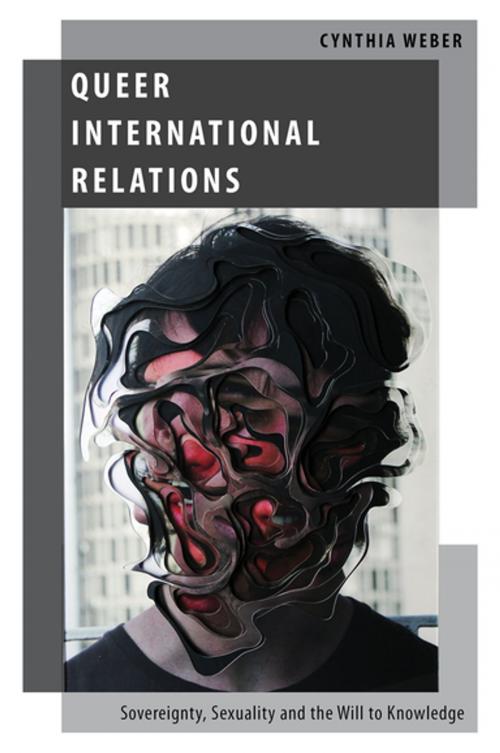Queer International Relations
Sovereignty, Sexuality and the Will to Knowledge
Nonfiction, Social & Cultural Studies, Political Science, International, International Relations, Social Science, Gender Studies| Author: | Cynthia Weber | ISBN: | 9780190469184 |
| Publisher: | Oxford University Press | Publication: | January 4, 2016 |
| Imprint: | Oxford University Press | Language: | English |
| Author: | Cynthia Weber |
| ISBN: | 9780190469184 |
| Publisher: | Oxford University Press |
| Publication: | January 4, 2016 |
| Imprint: | Oxford University Press |
| Language: | English |
If asked about queer work in international relations, most IR scholars would almost certainly answer that queer studies is a non-issue for the subdiscipline -- a topic beyond the scope and understanding of international politics. Yet queer work tackles problems that IR scholars themselves believe are central to their discipline: questions about political economies, the geopolitics of war and terror, and the national manifestations of sexual, racial, and gendered hierarchies, not to mention their implications for empire, globalization, neoliberalism, sovereignty, and terrorism. And since the introduction of queer work in the 1980s, IR scholars have used queer concepts like "performativity" or "crossing" in relation to important issues like sovereignty and security without acknowledging either their queer sources or their queer function. This agenda-setting book asks how "sexuality" and "queer" are constituted as domains of international political practice and mobilized so that they bear on questions of state and nation formation, war and peace, and international political economy. How are sovereignty and sexuality entangled in contemporary international politics? What understandings of sovereignty and sexuality inform contemporary theories and foreign policies on development, immigration, terrorism, human rights, and regional integration? How specifically is "the homosexual" figured in these theories and policies to support or contest traditional understandings of sovereignty? Queer International Relations puts international relations scholarship and transnational/global queer studies scholarship in conversation to address these questions and their implications for contemporary international politics.
If asked about queer work in international relations, most IR scholars would almost certainly answer that queer studies is a non-issue for the subdiscipline -- a topic beyond the scope and understanding of international politics. Yet queer work tackles problems that IR scholars themselves believe are central to their discipline: questions about political economies, the geopolitics of war and terror, and the national manifestations of sexual, racial, and gendered hierarchies, not to mention their implications for empire, globalization, neoliberalism, sovereignty, and terrorism. And since the introduction of queer work in the 1980s, IR scholars have used queer concepts like "performativity" or "crossing" in relation to important issues like sovereignty and security without acknowledging either their queer sources or their queer function. This agenda-setting book asks how "sexuality" and "queer" are constituted as domains of international political practice and mobilized so that they bear on questions of state and nation formation, war and peace, and international political economy. How are sovereignty and sexuality entangled in contemporary international politics? What understandings of sovereignty and sexuality inform contemporary theories and foreign policies on development, immigration, terrorism, human rights, and regional integration? How specifically is "the homosexual" figured in these theories and policies to support or contest traditional understandings of sovereignty? Queer International Relations puts international relations scholarship and transnational/global queer studies scholarship in conversation to address these questions and their implications for contemporary international politics.















